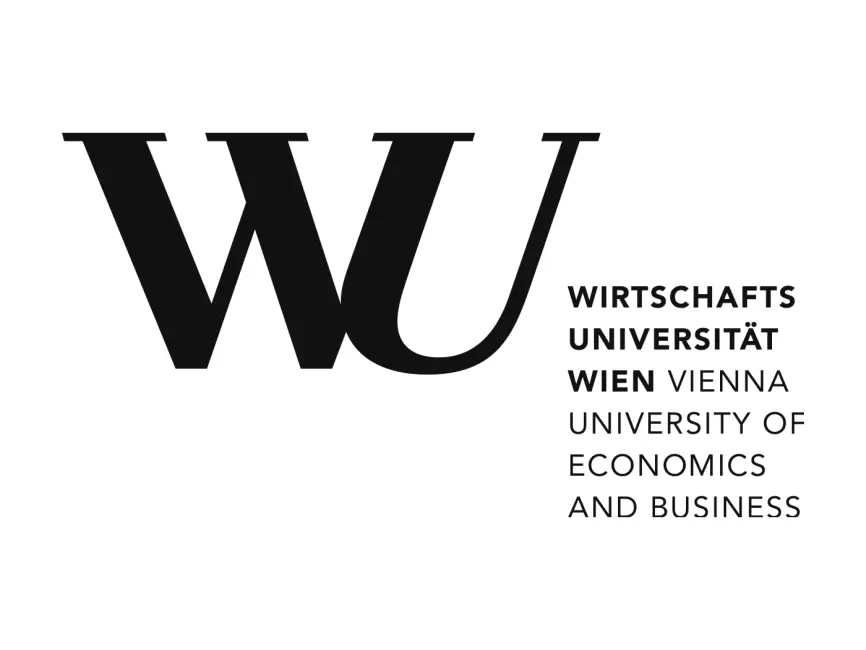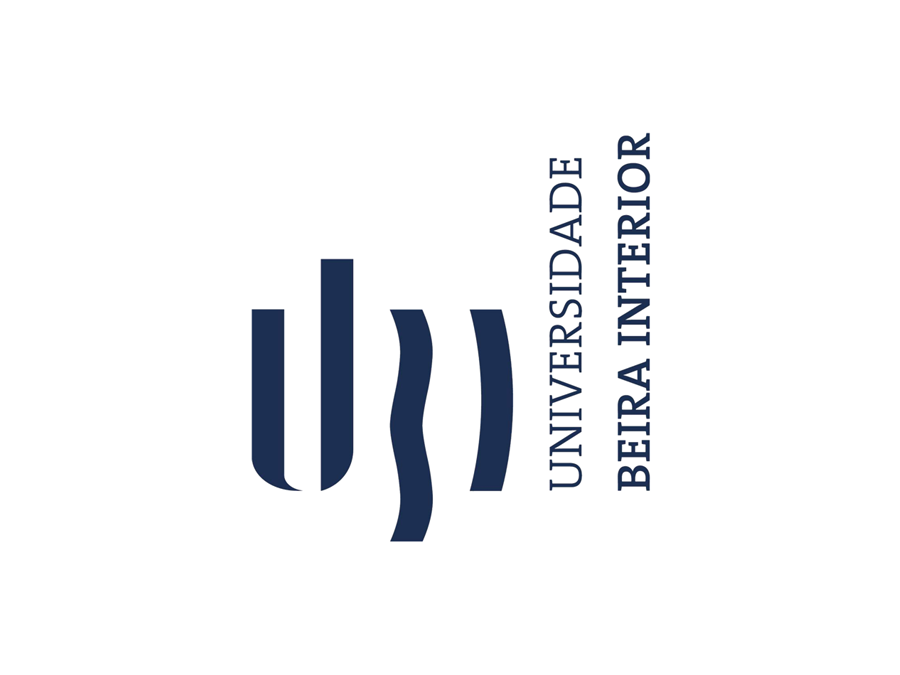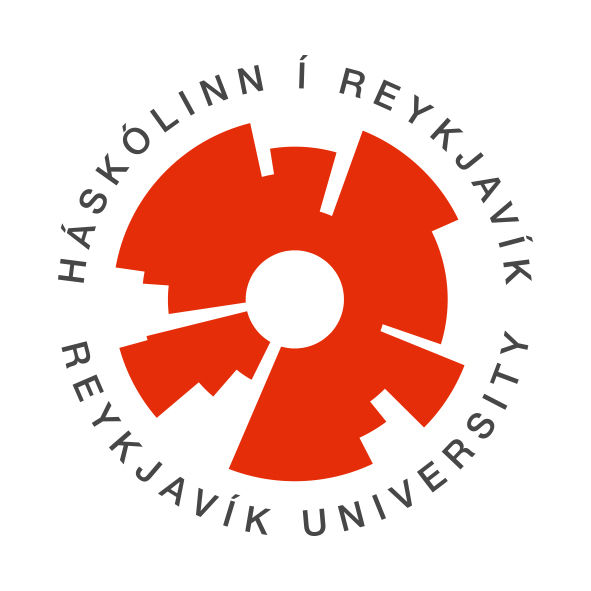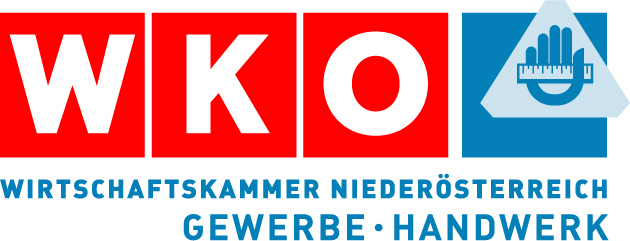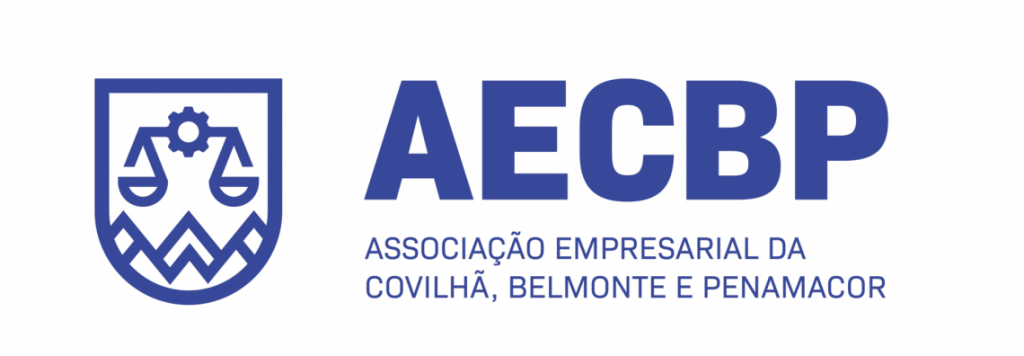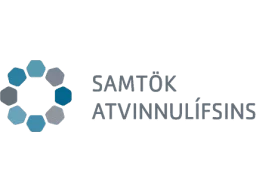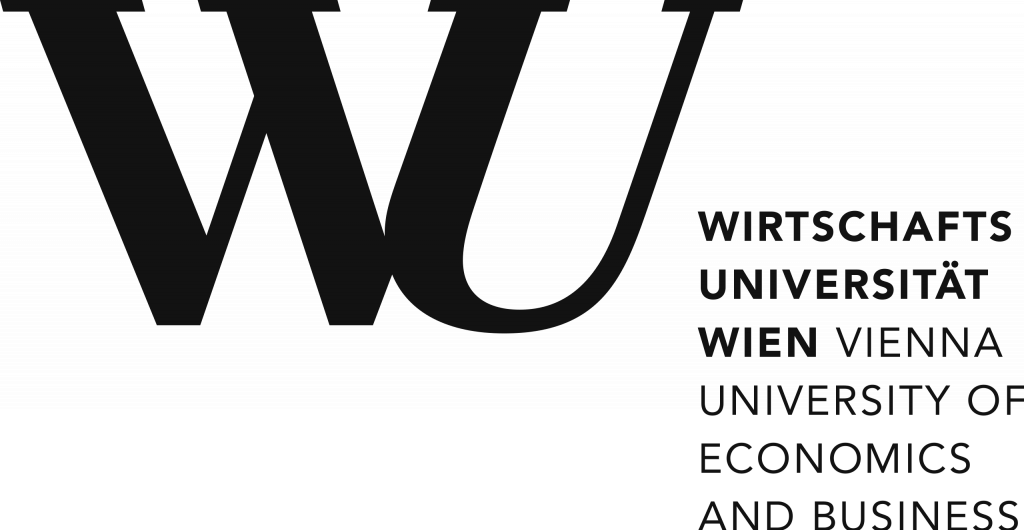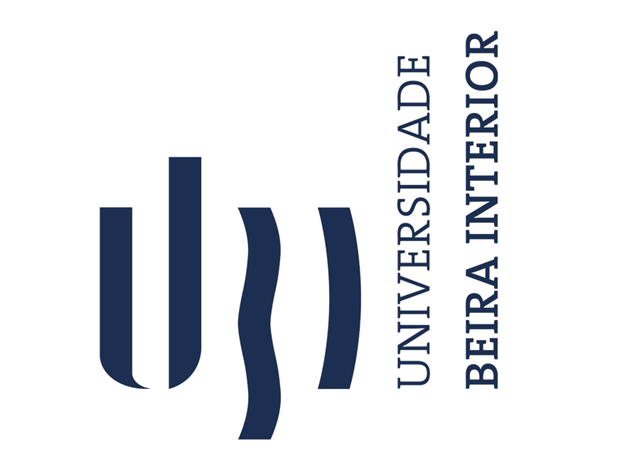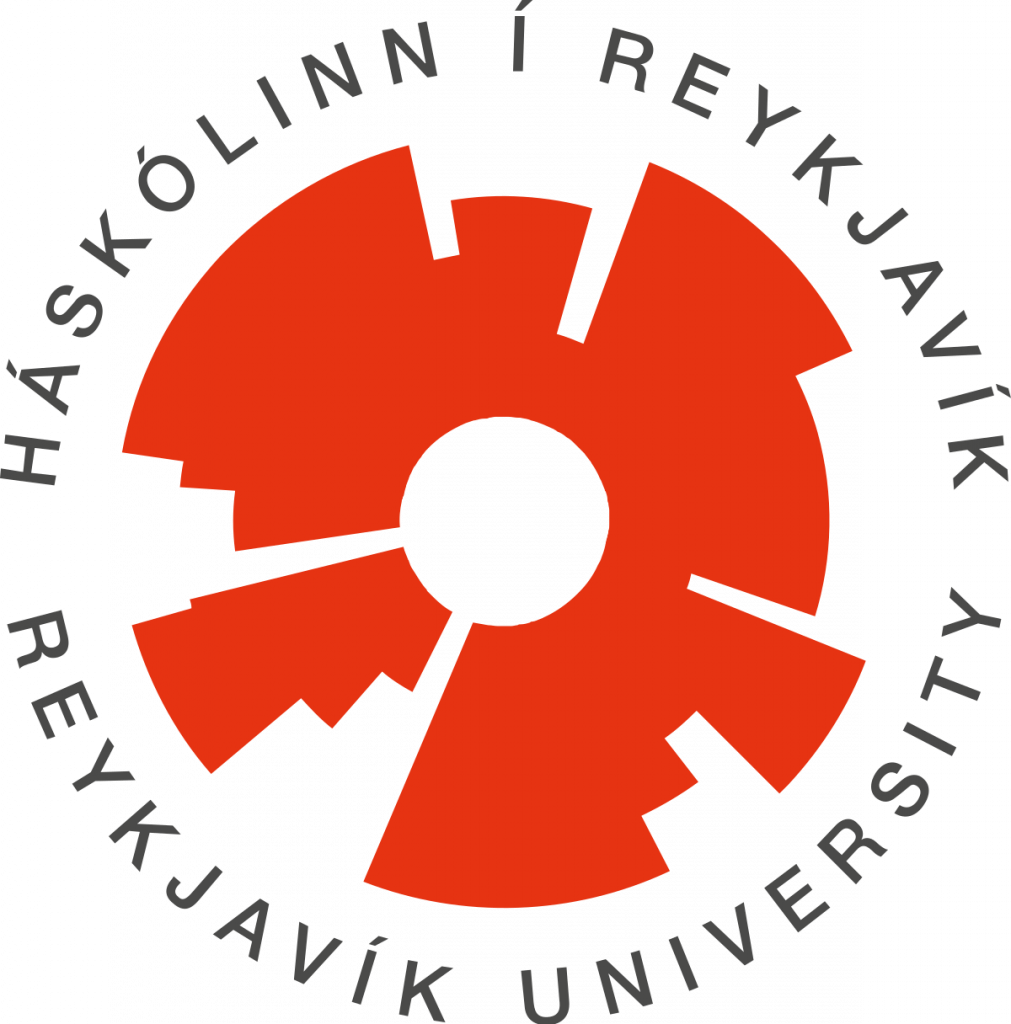Partners
Associated Partners
The Wirtschaftsuniversität Wien (Vienna University of Economics and Business; WU) was founded on 1 October 1898 as the Imperial Export Academy. With about 22,000 students (over a quarter of whom are international students) and 2,400 employees the WU today is the EU’s largest educational institution for business and economics, business law, and social sciences. WU is a public and state-funded university.
Throughout its 11 departments, 16 interdisciplinary research institutes and seven competence centers, WU is committed to research excellence, responsibility and sustainability. WU’s commitment to excellence in research is based on a holistic understanding of business and economics and is also a commitment to the diversity of business- and economics related disciplines. WU sees this diversity as one of its main strengths, because it allows the university to deal with complex, transdisciplinary questions in a comprehensive manner, providing a solid basis for developing sustainable and innovative solutions for the business community and society. WU is also working to extend its worldwide network and strengthen its international position. One sign of this growing international status is WU’s triple international accreditation (by EQUIS, AACSB, and AMBA), which WU shares with only about 80 other universities worldwide. As the applicant partner, WU offers this project both world-wide connections and possibilities to disseminate and develop the results and a strong organizational backbone.
The University of Beira Interior (UBI) is one of the youngest public universities in Portugal and a member of the UNITA (Universitas Montium), an alliance of 6 European mountain universities, all Romanic languages speaking, and committed to foster the socio-economic development of rural and cross-border mountain areas. Established on the concepts of European identity, intercomprehension, multiculturalism, and sustainability, UNITA aims to develop an European Research Area on three major topics: cultural heritage, renewable energies, and circular economy. Nonetheless, UBI’s education and research activities cover nearly all areas of knowledge.
UBI has about 9,000 undergraduate and postgraduate students allocated to the faculties of sciences, engineering, social sciences and humanities, arts and letters, and health sciences. UBI is committed to advancing knowledge and technology and developing innovative products and solutions for industry and society. Fundamental and applied research activities are developed within 18 R&D units through national and international projects and consortia, in close collaboration with regional, national, and international industry partners and other organizations. The success of R&I activities is also evident in the emergence of several spinoffs based on the UBI researchers’ findings. The UBI R&I ecosystem also includes the incubator/accelerator UBIMedical/UBIExecutive, which develops and nurtures the relationship between academia and corporate stakeholders. Regarding human resources, UBI has currently more than 1,100 employees, of which more than 800 are professors and researchers.
At UBI, the Innovation and Development Office serves as the university’s technology transfer office, handling the administrative and financial aspects of R&D projects. It assists researchers with negotiating, executing, and reporting on their work, and supports the university’s research. The office’s main objective is to promote the dissemination and implementation of UBI’s technologies in the market/industry, ultimately leading to the development of innovative products and services for society. This process also involves the evaluation of intellectual property, market potential analysis, licensing and commercialization rights as well as brokering deals with potential investors, which are functions of this office. R&D is one of the strategic and most important issues in UBI. The outstanding quality and expertise of their researchers is widely recognized.
Reykjavik University (RU) is a community of around 3,900 registered students, 214 full-time and over 46 part-time employees. The university is committed to academic excellence and is known for its outstanding teaching and excellent relations with Icelandic industries and public institutions. RU has also been successful in building relationships with universities and research institutions outside of Iceland. RU consists of two academic schools: the School of Social Sciences and the School of Technology. The former is divided into four departments: Department of Business Administration, Department of Psychology, Department of Sport Science, and Department of Law. The School of Technology is divided into three departments: Department of Computer Science, Department of Engineering, and Department of Applied Engineering. In addition, the University also provides executive and continuing education through their Open University (OU). RU presently offers 30 master’s degree programs, several PhD programs, and several undergraduate modules taught in English.
Department of Business Administration RU’s Department of Business Administration is a vibrant department that emphasizes excellent teaching, diverse instruction methods, student participation, high-quality research, publication in accredited international journals, and strong connections with industry and society partners through practical projects and internships. The department has the mission to create, disseminate and apply knowledge to enhance the competitiveness and quality of life for individuals, organizations and society, guided by good ethics, sustainability and responsibility. Combining outstanding teaching, research excellence, industry relations, great people and ambition, the school is an internationally accredited school of business.
The student body consists of approximately 600 undergraduates and 300 graduate students. The department offers varied BSc and MSc level courses in business. Close collaboration with businesses, practical projects and internships give students a competitive advantage. Main research areas are leadership studies, marketing and consumer psychology, management, innovation, and entrepreneurship.
